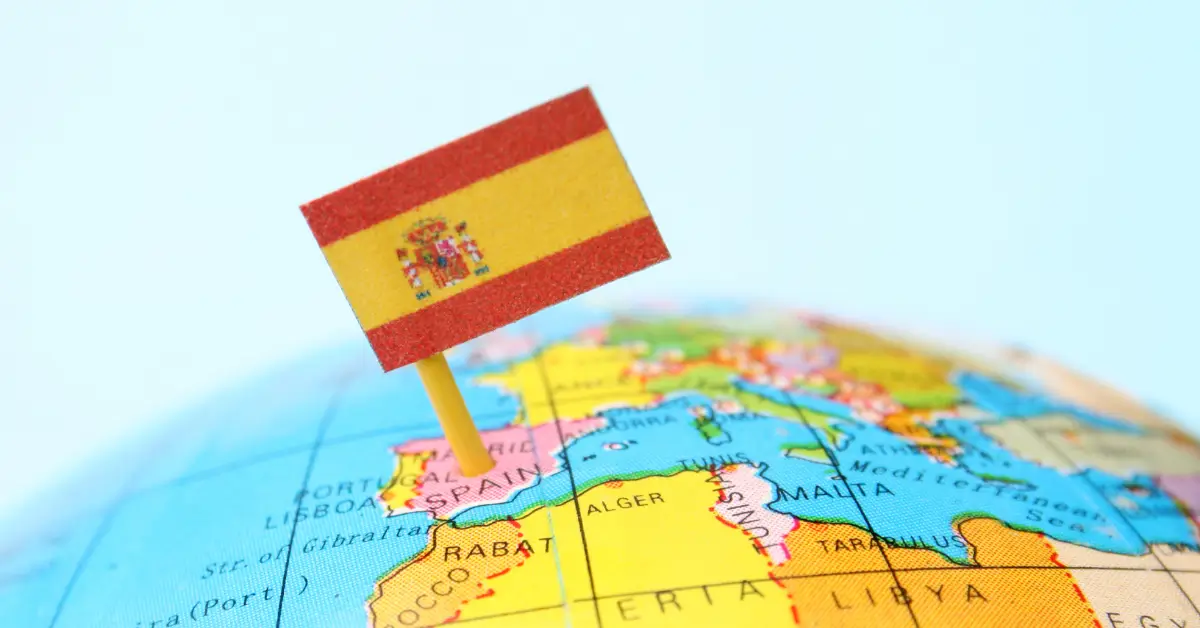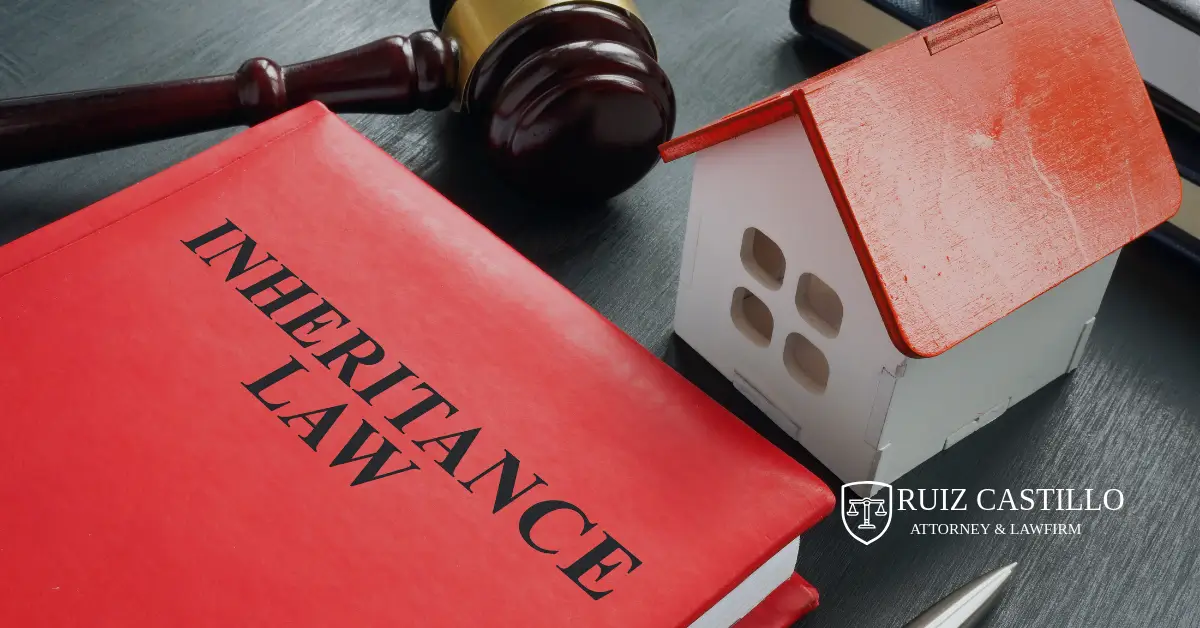
For expats living and working in Spain, one of the most important financial considerations is managing your taxes across multiple countries. Double taxation—paying tax on the same income in both Spain and your home country—is a common concern. Fortunately, Spain has signed numerous Double Taxation Agreements (DTAs) to prevent this. These agreements, along with other […]
Happy clients
Experience
Masters degrees
For expats living and working in Spain, one of the most important financial considerations is managing your taxes across multiple countries. Double taxation—paying tax on the same income in both Spain and your home country—is a common concern. Fortunately, Spain has signed numerous Double Taxation Agreements (DTAs) to prevent this. These agreements, along with other mechanisms like foreign tax credits, help you avoid paying taxes twice on the same income. In this article, I will explain how DTAs work, what steps you can take to benefit from them, and provide tips on how to manage your tax situation as an expat in Spain.
Double taxation occurs when two countries tax the same income. This is particularly common for expats, who may receive income from both their home country and their country of residence. To alleviate this, Spain has signed DTAs with over 90 countries, including the United States, the United Kingdom, Germany, France, and many others .
These tax treaties prevent you from being taxed twice on the same income by establishing which country has the primary right to tax certain types of income. The DTAs generally follow the OECD model, although some treaties may contain specific provisions that differ, depending on the countries involved . For instance, if you are an employee working in Spain but earning income from another country, the tax treaty will typically allow Spain to tax that income, and you will not be subject to double taxation in your home country.
Additionally, DTAs may not only apply to income tax, but also to other taxes like wealth tax, depending on the specific agreement . It is crucial to consult the relevant tax treaty to understand your tax obligations fully.
Read my in-depth article about the taxation in Spain for expats.
The key to avoiding double taxation is to determine your tax residency status, which depends on how many days you spend in Spain. If you spend more than 183 days in Spain in a calendar year, you are typically considered a Spanish tax resident and will be taxed on your worldwide income . However, if you are a non-resident, Spain will only tax your Spanish-sourced income.
Once you’ve established your residency status, understanding the provisions of the DTA between Spain and your home country is crucial to ensuring that you are not overpaying taxes. By utilizing foreign tax credits, you may be able to reduce your Spanish tax liability based on taxes already paid in another country. This process helps ensure that you aren’t taxed twice on the same income.
Read my in-depth article about how to fill in Modelo 100.
One of the most effective ways to prevent double taxation is by claiming foreign tax credits. If you’ve already paid tax on income in another country, Spain allows you to offset that amount against your Spanish tax liability. This means you won’t be taxed twice, but you may still have to pay the difference if Spain’s tax rate is higher than the tax rate in the other country.
For example, if you earn rental income from a property in your home country and have already paid taxes there, you can claim a foreign tax credit in Spain to reduce your tax bill. The key is to keep detailed records of taxes paid in other countries and to ensure you have proper documentation when filing your Spanish tax return.
While DTAs can provide significant tax relief, it’s important to note that the benefits are not always automatic. In many cases, you must apply for tax treaty benefits by submitting specific forms or documents to the Spanish tax authorities, as well as to your home country’s tax agency . This can involve providing proof of your residency status, tax payments, and income sources.
Expats should also be aware of Modelo 720, Spain’s foreign asset declaration form. If you hold significant assets outside of Spain (over €50,000), you must declare these assets to the Spanish authorities . Failing to file this form can result in hefty penalties.
Spain also offers a special tax regime known as the Beckham Law or the Special Expatriate Tax Regime, which can provide significant tax relief for certain expats. Under this regime, qualifying individuals can elect to pay a flat tax rate of 24% on their Spanish income up to €600,000 for up to six years . This option can be particularly attractive for high-income earners, as it allows them to avoid paying Spain’s higher progressive tax rates.
To qualify for the Beckham Law, expats must meet specific criteria, such as having been a non-resident of Spain for the previous 10 years. Additionally, this regime only applies to Spanish-sourced income, meaning any foreign income will still be subject to standard Spanish tax rates.
Navigating the complexities of international tax laws, including understanding double taxation agreements, claiming foreign tax credits, and applying for tax treaty benefits, can be challenging. Expats in Spain need to be fully aware of their tax obligations to avoid costly mistakes and penalties.If you’re unsure about your tax situation or need help with tax planning, contact me, José María Ruiz Castillo, today. With my expertise as a lawyer and tax specialist, I can assist you in making the most of Spain’s tax treaties and avoiding double taxation. Let me handle the complexities of your taxes so you can focus on enjoying your time in Spain, knowing your financial obligations are taken care of.







